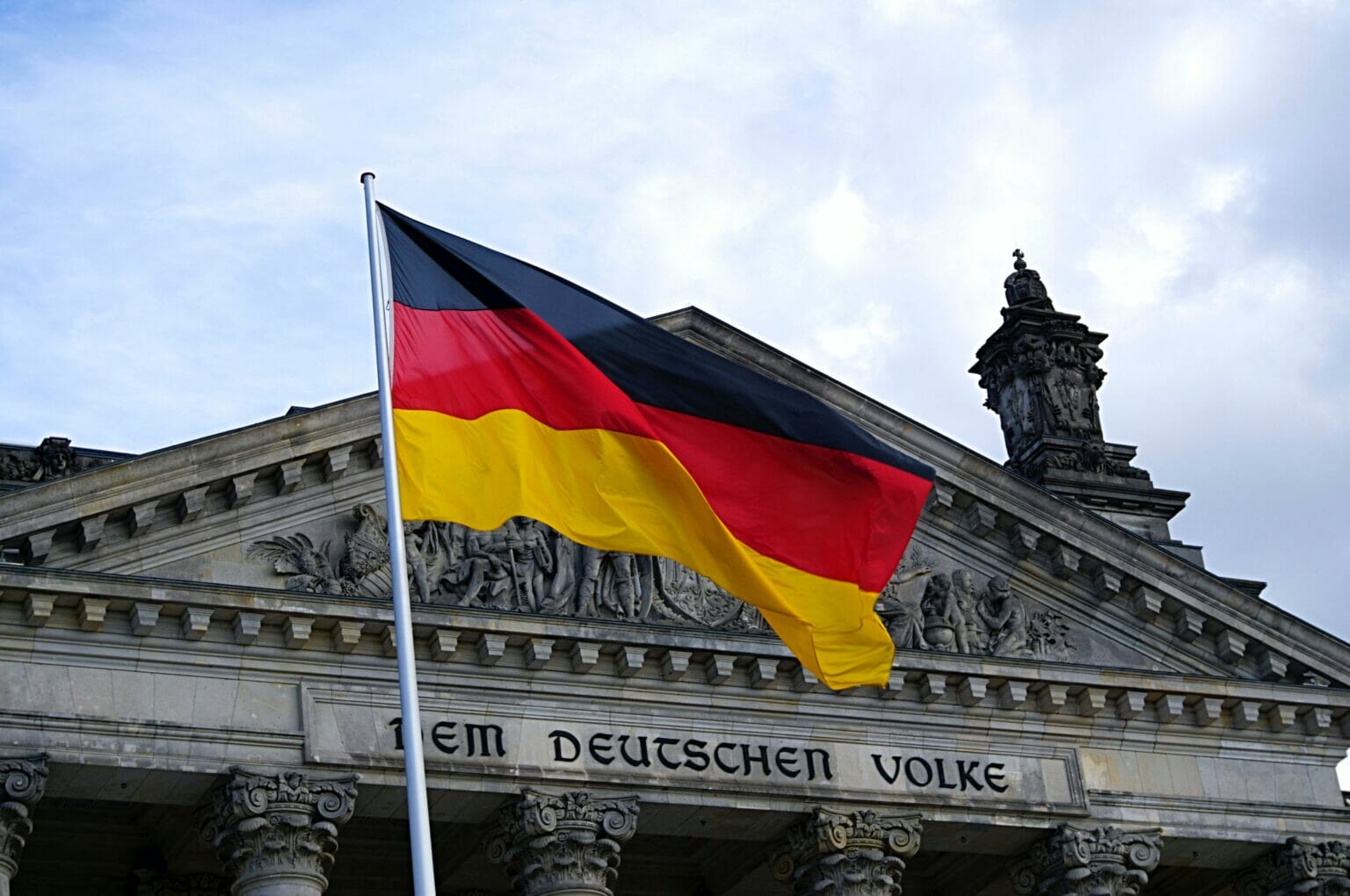The German economy will not do well in the long term, says expert
Ifo’s head noted that the lack of workers is the “greatest burden” on the country’s economy.
Clemens Fuest, head of the Ifo Institute for Economic Research, said that a need for more workers would slow Germany’s long-term economic growth, the switch to renewable energy, and rising prices.
“In Germany, growth will be weaker in the future,” he told dpa-AFX this week.
He said the “greatest burden” on the German economy was a lack of workers in many areas, which would “continue to slow growth in the coming years.” The analyst said that population changes were to blame for the slower flow of new workers.
In addition, the head of Ifo says that politicians need to consider that the energy transition will likely hurt the EU’s biggest economy.
“The shortfall in Germany’s electricity supply was a mistake,” Fuest said, referring to the fact that the country stopped making nuclear power because its supply of Russian gas was running out.

After the government shut down the country’s last nuclear power plants, Germany had to import more electricity in the year’s first half because the country is moving towards using green energy sources.
Fuest said, “I think that electricity prices in Germany will always be higher than in other countries.”
A deeper-than-expected drop in industrial output has hurt most of the country’s industries. Many economists have said that this year, German businesses and industries will “feel the global problems all the harder” because of the lack of raw materials and energy and the rising prices.
Recently, German chemical companies said they might have to move some of their production to other countries because energy costs are so high. Fuest said these ideas “must be taken seriously”; this comes when businesses and industry are becoming less optimistic about Germany’s economic future due to weaker demand from other countries, a lack of orders, a lack of skilled workers, and tighter monetary policy.
The economy of Germany formally went into a technical recession in the first quarter of the year, when it shrank by 0.3%. Its GDP will drop by another 0.5% by the end of the year.
